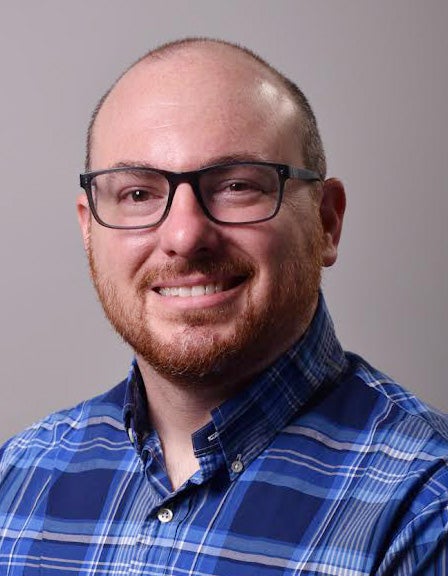EMRMC provides cutting edge care
Published 11:37 am Thursday, March 9, 2023
NEWS RELEASE
When a heart stops beating, getting the most advanced care possible, as fast as possible, can give a dying patient another chance at life. At Ephraim McDowell Regional Medical Center that care now includes ECLS (extracorporeal life support) using a device called ECMO (extracorporeal membrane oxygenation) in the Emergency Department to restore blood flow and oxygen to the body when a heart stops or when lungs stop functioning. Ephraim McDowell Regional Medical Center is now the only hospital in the state to offer this service 24/7 by the emergency department staff.
This program, started by Dr. Jason Bowman, a former firefighter/paramedic and cardiac arrest researcher, now the Medical Director of the Intensive Care Unit at EMRMC, is designed to save lives that would previously have been unable to be saved. ECMO is a form of temporary life support for people with life-threatening illness or injury that affects the function of the heart or lungs. The machine must be applied quickly to pump one’s blood and breathe for them when they are unable to do those things on their own. The process of applying ECMO to a patient during cardiac arrest is known as ECLS, something very few hospitals in the nation are capable of.
“Every minute counts, as it reduces the chances they will ever wake up and be normal again. The process to get here is a chain that cannot have any broken links,” said Bowman.
To qualify for this procedure, the patient must have a fixable problem. There also must have been a witnessed cardiac arrest with bystander CPR or show signs that their brain is still functioning, like movement and breathing. It’s imperative that the patient make it to the Ephraim McDowell Emergency Department within 60 minutes of the event. The faster the treatment can be initiated, the better the outcome the patient will have. Not even ECMO can reverse brain damage that has already occurred.
Initiating and performing ECLS is no simple task, as it takes a multidisciplinary team to get this done. Starting with the dedicated hands of the Emergency Department staff being the first in the state to be 100% trained to select the appropriate patients and initiate the ECMO machine themselves in the Emergency Department. The patient is then cared for by the highly skilled hands of Dr. Cameron Henzman, interventional radiologist, who can physically pull out these life stopping blood clots while still on ECMO, a feat performed at less than a dozen hospitals nationwide; along with those of our interventional cardiologists that can open blockages in the heart and even insert temporary artificial hearts while on ECMO. It takes a team, all centered around the advanced care provided by ICU Nursing Director, Steve Haines, and his team of dedicated nurses that have undergone extensive training as ECMO specialists.
“Recognizing the value in ECMO, our ICU nurses and ECMO specialists have undergone extensive training to master taking care of patients on such advanced mechanical circulatory support. ECMO and clot removal have truly changed the nature of treating such critically ill patients. It allows us to fix the problem quickly and safely, without creating new problems and keep patients local near their loved ones,” said Haines.
Bringing ECLS and ECMO ability to this area is going to save numerous lives that otherwise could not be saved. Since the start of the program this year, it already has. Expectations are high as previous studies have shown applying ECMO the way Ephraim McDowell does, could lead to 40% survival in cardiac arrest, as opposed to 10% survival the way it was traditionally done. One study was actually stopped early by the NIH safety monitoring board because it was deemed unethical to continue treating patients the old way, due to the effectiveness of ECLS with ECMO.
“The staff of Ephraim McDowell hospitals are dedicated to the communities they serve, and we believe we should offer the therapies we would want to have for our loved ones, to everyone,” said Bowman.
If you would like to be a part of this revolution in cardiac arrest care in central Kentucky, please get your CPR certification and become the first and most important link in the chain of survival.







